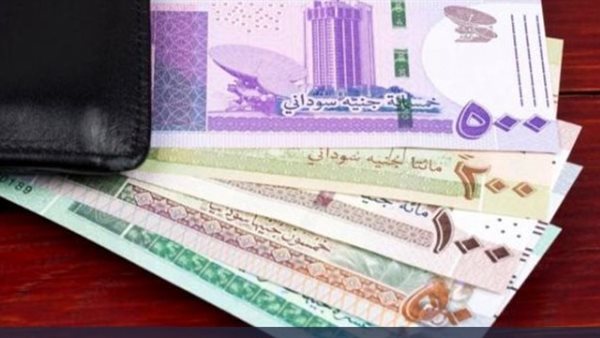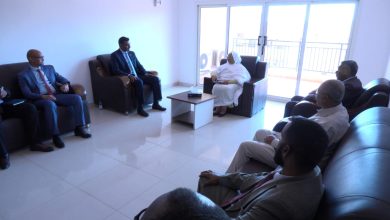Economic
The “Cash” Crisis: Exploiting Citizens’ Needs

Sudan Events – Rehab Abdullah
Complaints from citizens regarding the difficulty of obtaining cash in exchange for transfers via the “Bankak” or “Ocash” apps have increased. The renewed “cash” crisis has caused disruptions in the markets, as many merchants refuse to deal through electronic apps and prefer cash transactions. This forces citizens to seek out nearby exchange shops to obtain cash, often having to pay additional fees due to the exploitation of their need by those seeking to profit.
Citizen Munzer Mutawakkil complained about the struggle to get cash, stating to Al-Ahdath, “We find it difficult to convert the money we receive from relatives for living expenses, as we are now unemployed.” He explained that cash holders are taking a percentage ranging from 10 to 15% of the transaction amount, which negatively impacts them. He also expressed disdain over the emergence of Sudanese pound trading after the focus had been on trading in U.S. dollars.
Several bank managers acknowledged the severe crisis in providing cash, revealing that a request has been submitted to the central bank to increase liquidity to meet customer demands, warning of the negative impact of the liquidity problem on economic activity.
Economist Dr. Mohammed Al-Nair stated in a previous conversation with Al-Ahdath that solutions to the cash liquidity crisis lie in activating electronic transactions and improving internet and communication networks to facilitate seamless electronic transfers, reducing the need for cash. He emphasized that this would significantly reduce pressure on cash liquidity, eliminate the need to print new currency, and promote higher levels of electronic banking transactions. Moreover, it would recover a large portion of the cash flow, over 90% of which is held by the public, compared to less than 10% within the banking sector. This, he considered, a positive step that could support the economy.
Some have suggested the reintroduction of barter systems, where goods are exchanged without currency, like in the past. For example, exchanging crops for meat. They noted that while this method is limited and mainly confined to close acquaintances, it could help meet immediate needs.



